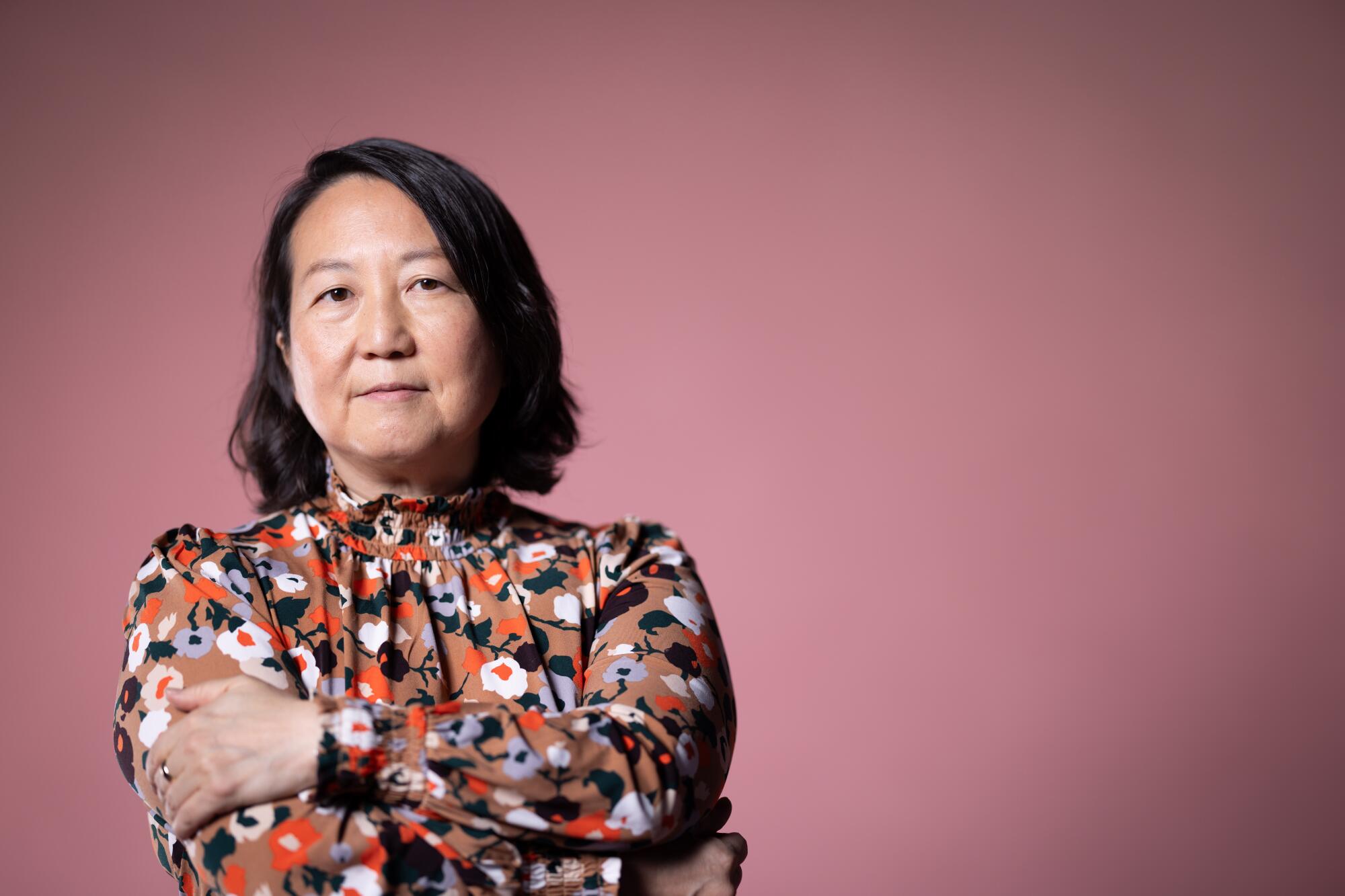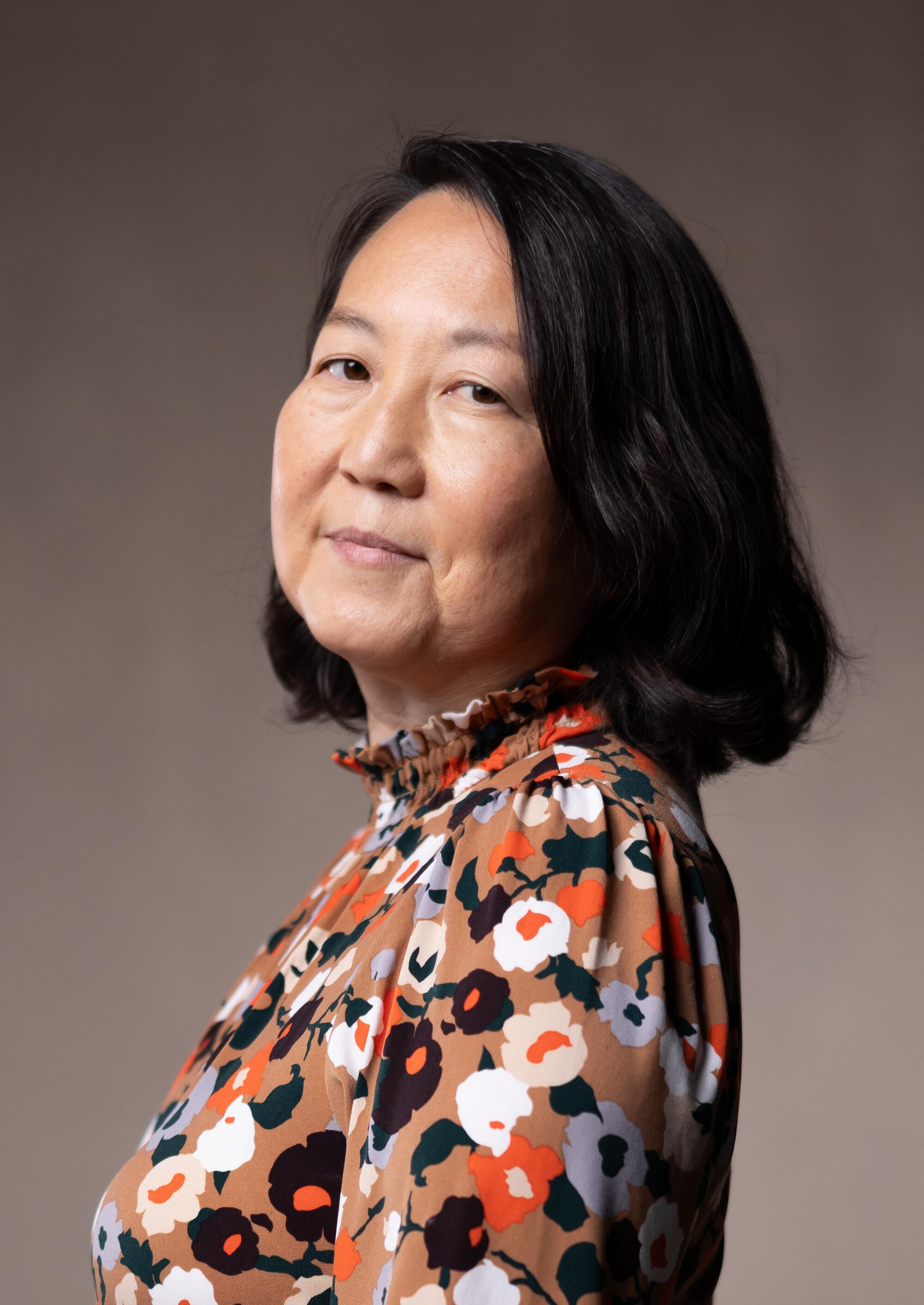
- Share via
For Alexandra Suh, hot labor summer wasn’t a fleeting trend. It’s been her focus for more than two decades.
Suh, the daughter of Korean immigrants, is executive director of the Koreatown Immigrant Workers Alliance, a resource center and advocacy group for low-wage immigrant workers in the bustling, diverse neighborhood just west of downtown L.A.
Suh grew up in San Francisco, and after a detour to New York to earn her doctorate, moved to Southern California in 2002 to teach literature and cultural studies at Scripps College in Claremont. She soon began volunteering at KIWA, later joined its staff and in 2011 took over as executive director.
Discover the changemakers who are shaping every cultural corner of Los Angeles. L.A. Influential brings you the moguls, politicians, artists and others telling the story of a city constantly in flux.
Koreatown’s remarkably dense food industry runs on the labor of thousands of immigrant workers from South Korea, Mexico and Central America. The organization has done crucial work “building immigrant worker power across racial and ethnic lines,” Suh said.
Headlines last summer about major strikes in Hollywood, the auto industry and elsewhere gave people “permission to imagine more,” Suh said. “But at the end of the day, it has to be each worker coming together with their peers that makes transformation possible — the transformative work, the hard work of the heart and mind.”
Since its founding in 1992, KIWA has tackled immigration reform and affordable housing, among other social and economic justice issues facing low-income Koreatown residents. But its primary focus is workers’ rights.
Under Suh’s leadership, KIWA has helped workers recover unpaid wages, notably from high-end Beverly Hills sushi restaurant Urasawa in 2013.

In 2021, KIWA helped workers at Korean barbecue restaurant Genwa to a union victory, in forming the California Restaurant & Retail Workers Union. Organizers said it was the first Korean barbecue restaurant in the country to unionize, and workers in 2022 inked their union contract, which included minimum pay of $20 an hour.
Still, union drives in Koreatown are difficult. Owners resist unionizing efforts and have tried tactics, organizers said, such as trying to divide workers along ethnic lines. A campaign to unionize Hannam Chain supermarket struggled after early momentum.
KIWA’s organizing work is “very community-rooted,” said Suh, whose desk features a photo of workers picketing in front of well-known Korean barbecue restaurant Chosun Galbee in the late 1990s.
“We understand and know people, of course, as workers but also as members of communities, families, neighborhoods, as parents, as siblings,” Suh, 58, said.





